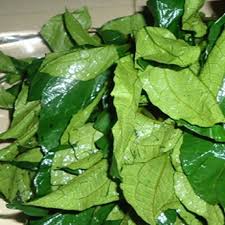 Pumpkin leaves, also known as ugu, are edible, nutritious leaves that can be eaten raw or cooked. They are a popular side dish or relish in meals and are rich in vitamins A, B, C, and E, as well as minerals like iron, calcium, and potassium. Pumpkin leaves also contain dietary fiber, antioxidants, and anti-inflammatory properties, and also promote healthy skin and vision.
Pumpkin leaves, also known as ugu, are edible, nutritious leaves that can be eaten raw or cooked. They are a popular side dish or relish in meals and are rich in vitamins A, B, C, and E, as well as minerals like iron, calcium, and potassium. Pumpkin leaves also contain dietary fiber, antioxidants, and anti-inflammatory properties, and also promote healthy skin and vision.
Key Highlights
- Pumpkin leaves are edible and highly nutritious.
- High in antioxidants, essential minerals, vitamins, and fiber.
- Harvesting techniques: select young leaves, carefully detach from the plant.
- Prepping and storage: cleaning, removing tough veins, and proper storage.
- Versatile in cooking: steaming, sautéing, and stir-frying.
- Significant role in traditional cuisines and cultural celebrations.
Did you know that…
- consuming pumpkin leaves can help lower blood pressure due to their high potassium content?
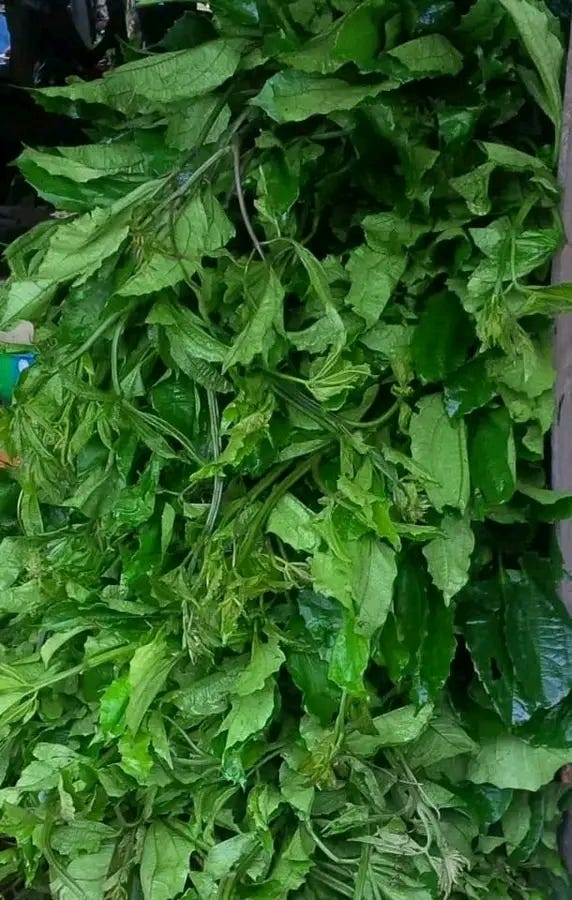
- the iron content in pumpkin leaves can help prevent anemia and boost red blood cell production?
- Pumpkin leaves contain antioxidants that may help reduce the risk of chronic diseases, such as heart disease and cancer?
- the Vitamin B6 content in the pumpkin plant leaves lowers the symptoms of Rheumatoid Arthritis, helps in curbing pain in muscles and joints?
- The pumpkin leaves are rich in soluble fibre that helps reduce cholesterol absorption. Low cholesterol reduces the risk of heart disorder. Moreover, potassium content helps prevent irregular heartbeat.
- The pumpkin leaves help alleviate premenstrual syndrome (PMS)? Manganese in pumpkin leaves help manage and reduce the situations of headache, mood swings, irritability, and depression.
- Phosphorus is vital for bone and gum health? Pumpkin leaves contain Vitamin D, calcium, and phosphorus, which are vital for maintaining gum and teeth health. These nutrients support jaw bone mineral density and tooth enamel that helps hold the tooth in place.
- The leaves have a high amount of calcium and phosphorus, which are essential for bones development? Consuming it regularly also helps avoid bone and stiff joint pain.
- The pumpkin leaves help in treating colon cancer. But how? It contains soluble and insoluble fibre that eases bowel movement. Smooth bowel movement ensures a healthy intestine, preventing cancerous tumour growth in the colon.
- The pumpkin leaves have abundant iron that plays an essential role in strengthening the body’s immune system? A strong immune system enables the body to fight against several disorders and infections. Moreover, iron helps heal the red blood cells, allowing better oxygen flow in cells, tissues, and organs.
- One cup or 39 g of pumpkin leaf contains Vitamin A, helping fulfil approx 4% of the Daily Value? It helps keep away the free radicals and toxins that often damage the skin. Moreover, the high water content in the leaves helps retain moisture, providing soft and supple skin. Moisture retention also helps prevent some skin conditions like psoriasis.
- Pumpkin contains essential antioxidants, like beta-cryptoxanthin, beta-carotene, and alpha-carotene? It helps protect against the damage caused due to free radicals. Studies show that It plays a vital role in preventing chronic heart and cancer diseases.
- Pumpkin leaf is a nutrient-dense food. It means it has low calories but high nutrients. The lower calories make it an ideal weight-loss food. Moreover, fibre content helps keep you satiated for a long time.
- Lowers the Symptoms of Rheumatoid Arthritis: The Vitamin B6 content in the pumpkin plant leaves helps curb pain in muscles and joints caused due to arthritis.
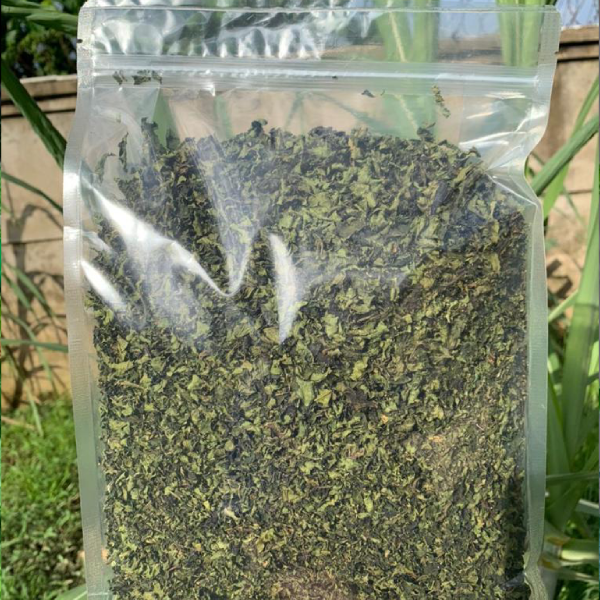 Conclusion
Conclusion
Introducing pumpkin leaves into your diet is a chance to try new tastes, get creative with cooking, and live healthier. Try these yummy greens in your meal planning to vary your food choices and create exciting new dishes.

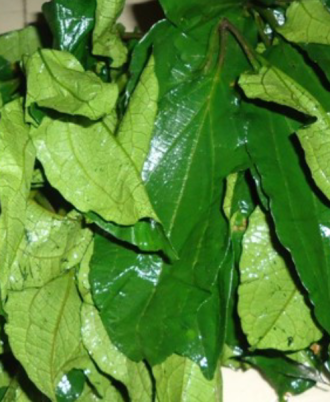
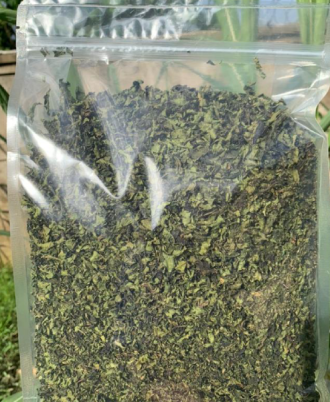
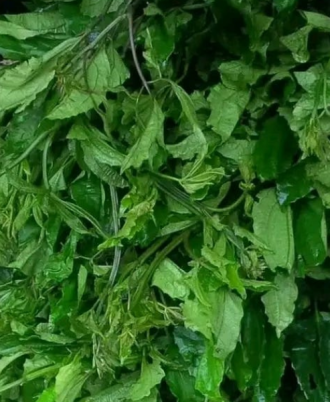
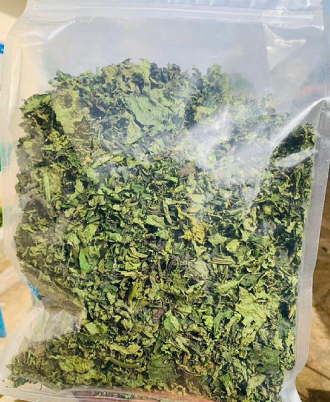
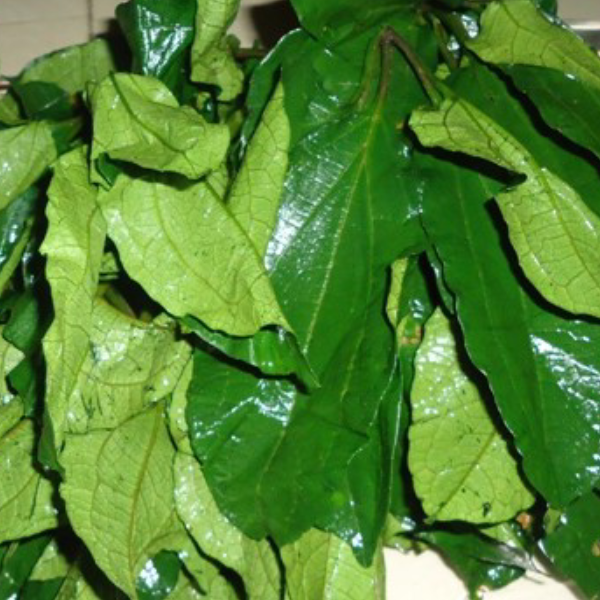
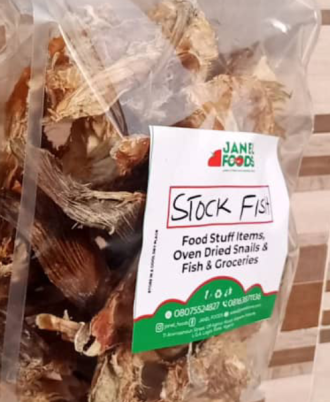
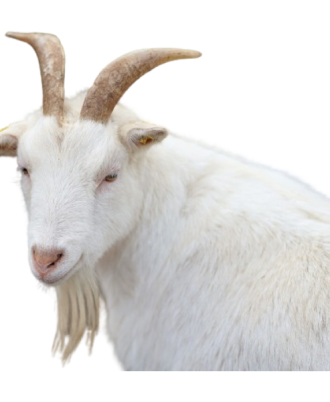



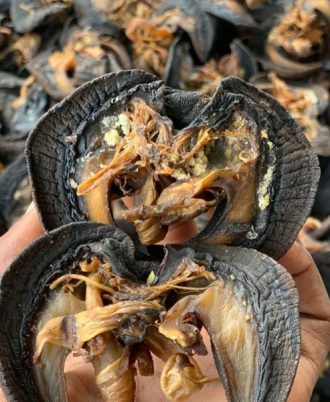
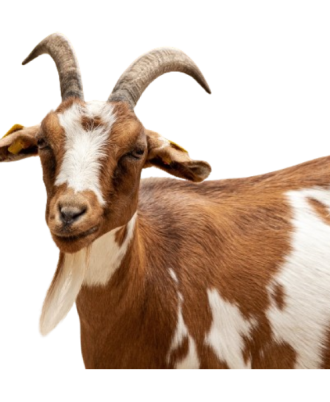
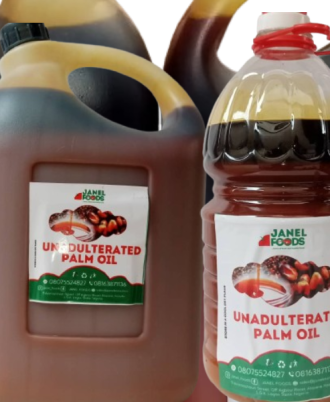

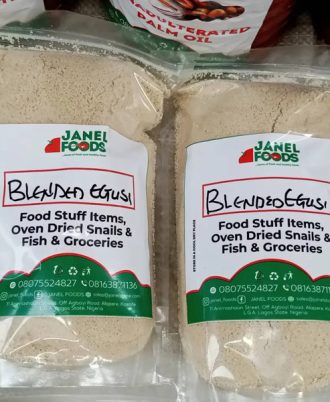
Reviews
There are no reviews yet.